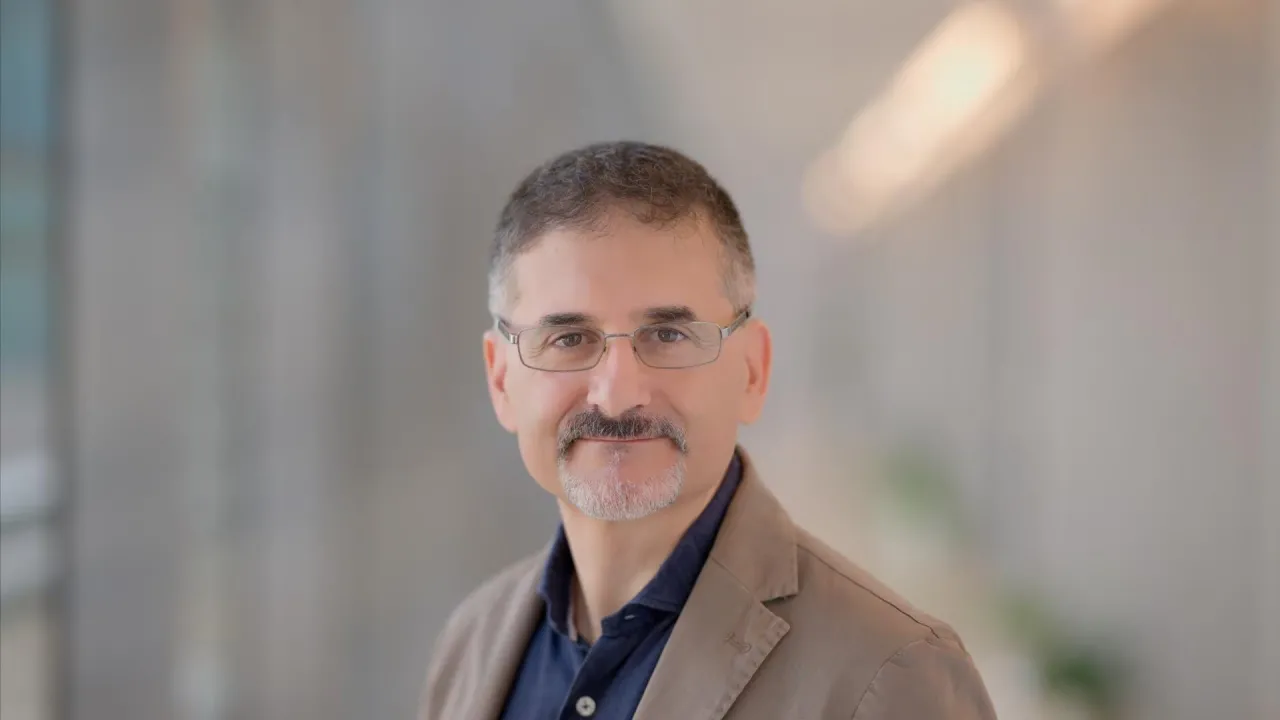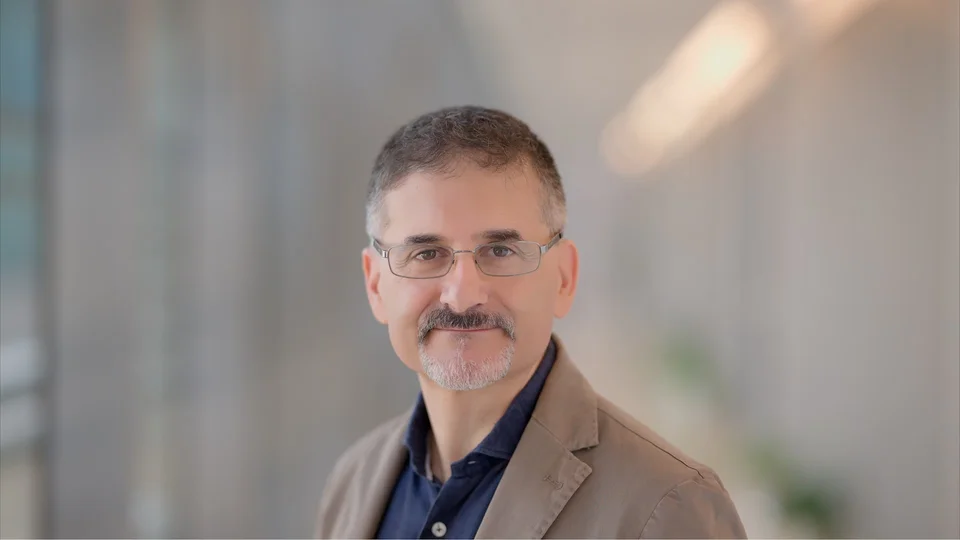Meet Professor Roberto Di Pietro, one of KAUST's newest faculty members and a leading expert in cybersecurity. With a career spanning over 25 years, Di Pietro brings a wealth of experience and a passion for research to his role as a Full Computer Science Professor at KAUST's CEMSE Division.
About
By David Murphy
“What allowed me to ‘flourish’ as a researcher was definitively a supportive family, a good education system, a lot of personal effort, the great people I collaborated with or learned from, and, to a not negligible extent, luck—or destiny—if you prefer.” These are the insightful words of one of KAUST’s newest faculty members, Professor Roberto Di Pietro.
Dr. Di Pietro is a Full Computer Science Professor at the KAUST CEMSE Division. He is affiliated with the KAUST Resilient Computing and Cybersecurity Center (RC3). To him, KAUST represents a leading international research institution with world-class faculty, excellent research facilities, and a growing capacity for transforming research results into impactful outcomes.
“I feel honored and humbled to have been given the opportunity to develop my research activities here. The Computer Science program, within the CEMSE Division, and the RC3 Center, offer the best environment to excel in research and education and impact the innovation ecosystem,” he noted.
An extensive career in cybersecurity
Di Pietro began his professional career as a computer scientist in 1995, serving as a senior military technical officer within the Italian Ministry of Defence. At the Italian MoD, he managed complex information and communications technology (ICT) projects focusing on resiliency and security. Following this, he began his academic career with alternating periods of contributions to industry and strategic consultancy.
Di Pietro has also held several long-term international research appointments at Vrije University, the Netherlands; George Mason University (Center for Secure Information Systems), U.S.; the Carlos III University, Spain; EURECOM, France; and the Barcelona Digital Technology Centre, Spain.
He was the Global Head of Cybersecurity Research for Bell Labs (Alcatel-Lucent/Nokia) for almost four years. Most recently, he held the position of Full Professor in Cybersecurity at the Hamad bin Khalifa University College of Science and Engineering (HBKU-CSE), Qatar.
In his 25-plus career, Di Pietro has led teams focused on technology-oriented and research-focused groups in the private sector, government and academia. Thus far in his academic career, he has secured funding of approximately $9.5M.
“Throughout my career in cybersecurity, I have been lucky to touch on many research problems in the research domain. In part, because I have been exposed to industrial problems thanks to my consultancy role, and in part because I always appreciate curiosity-driven research topics,” Di Pietro emphasized.
Research interests
Di Pietro’s primary research interests include security and privacy for distributed systems, virtualization security, applied cryptography, computer forensics and data science. He identifies three particular lines of research above others: critical infrastructure protection (CIP), online social networks (OSN), and cloud security.
In terms of CIP, he has contributed to the cybersecurity of avionics, maritime and satellite communications, and power grid cybersecurity over the last two years, to cite a few. Regarding OSN, Di Pietro has been actively working on detecting bots and identifying “fake news.” His cloud security efforts have focused on providing reliable and secure cloud services and securing the virtualization layer that underpins cloud computing.
“Each of the above themes is critical,” he stated. “For instance, misuse of OSN can endanger the very fabric of any society. Communication security in CIP is key for the CI to continue functioning; finally, secure cloud computing is an enabler for business to flourish.”
Supporting the Kingdom’s future
His experience in Saudi Arabia continues Di Pietro's habit of constantly rethinking his research structure. In particular, the strategic alignment of his CIP research activities with the broader framework of the Kingdom while still achieving competitive results on an international scale.
Another area he intends to explore while at KAUST is supporting the Kingdom's efforts regarding the economics of the future, more specifically, investigating cryptocurrencies and the technology behind them.
“What is exciting at this time is that new tools, like artificial intelligence (AI), allow you to address the research issues in the above domains in a novel and substantially unexplored manner.”
According to Di Pietro, working at the intersection of cutting-edge research and disruptive innovation has never been more exciting. For him, the Kingdom represents a fertile plain for achieving research results that can be translated into actionable innovation.
“Research in the cybersecurity and resiliency domain is a clear enabler for attaining the objectives set out by Saudi Vision 2030 and KAUST’s recently issued strategy. Cybersecurity is a ‘horizontal’ layer: it needs to be embedded in the foundations of the Vision’s pillars for the other layers to flourish”.
“Without security, there cannot be trust, meaning no business. The increasing demand for cybersecurity professionals is a bottleneck for developing a cohesive and integrated industrial ecosystem. This is another avenue where cybersecurity can play a strategic role in supporting the Kingdom’s ambitions.”
A never-ending journey toward excellence
Di Pietro firmly believes that one does not simply "become a researcher." His career has been characterized by a constant fascination with the phenomena around us and a desire to discover their causes.
“I have always had a scientific approach to reality and curiosity for the cause-effect relationship, as well as an inclination to test—via thought experiments or through experience—the limits of a working system,” he emphasized.
As for KAUST’s youngest generation of researchers, Di Pietro feels they should acquire a deep understanding of the principles that underpin their respective fields. To, in turn, provide constructive criticism to what is observed, be it in teaching or research, to contribute to the very advancement of science and technology.
“To KAUST students and young researchers, I would suggest taking risks. On the one hand, everyone will excuse you if you fail in launching a disruptive startup or if an ambitious research project does not achieve its results—overall, youth excuses inexperience. On the other hand, if you are successful, the payoff will be great.
“In both cases, the acquired experience will help you advance on your never-ending journey toward excellence,” he concluded.

